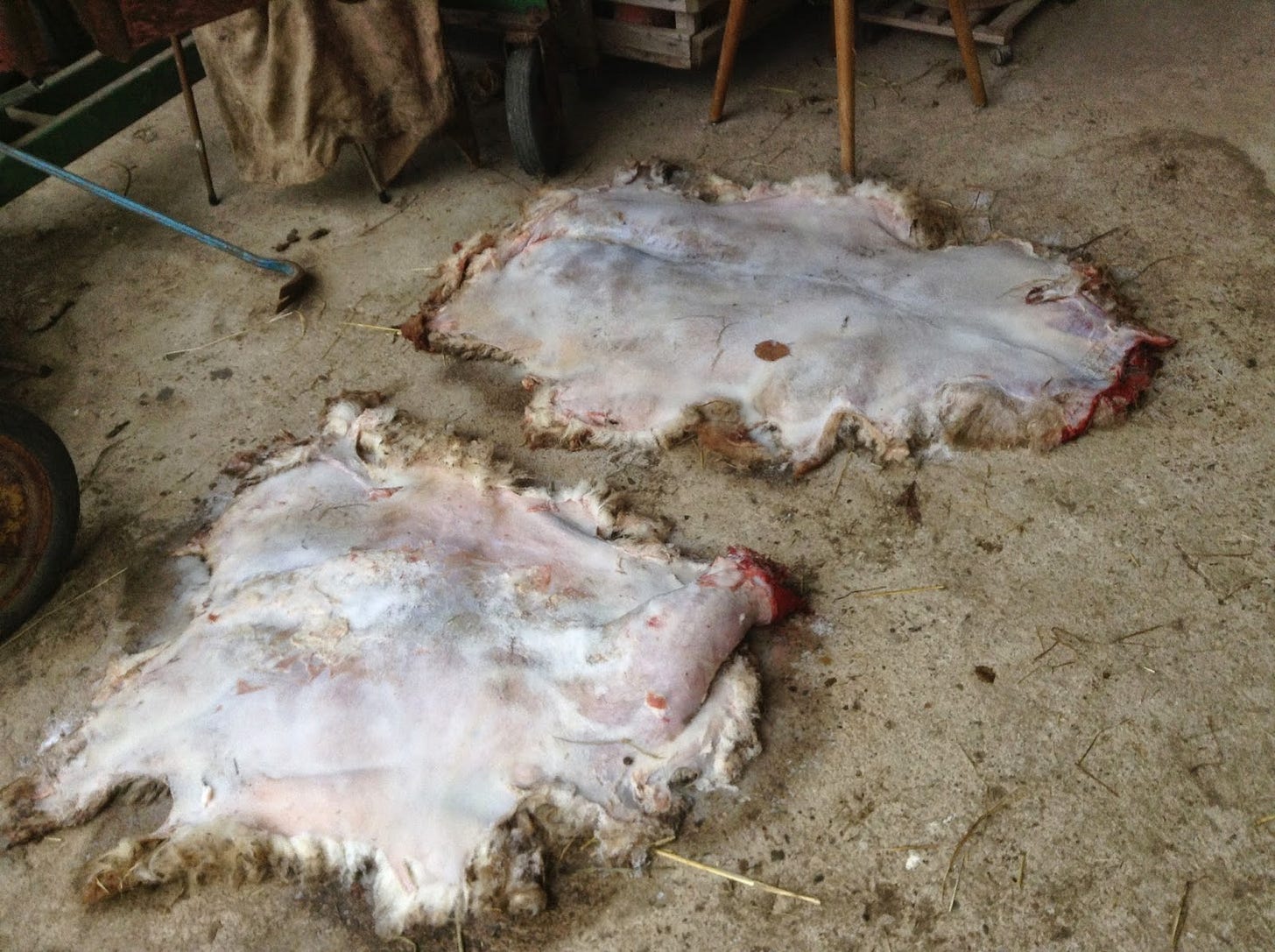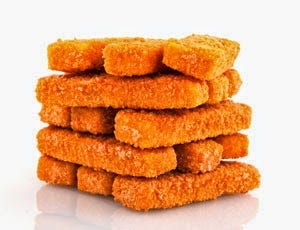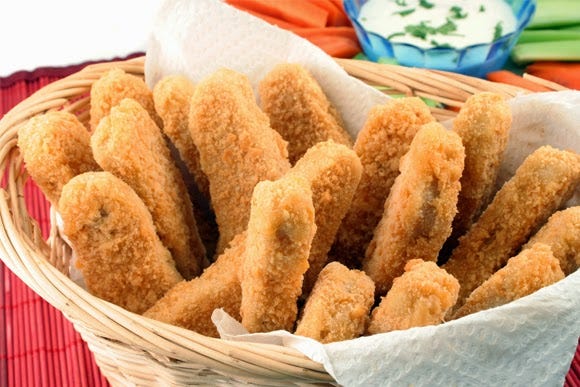The Lamb Dilemma, Part III: In which many famous writers weigh in on the ethics of eating meat, and I have a different experience
As long as there are slaughterhouses, there will be battlefields.
- Leo Tolstoy
Nothing more strongly arouses our disgust than cannibalism, yet we make the same impression on Buddhists and vegetarians, for we feed on babies, though not our own.
- Robert Louis Stevenson
Today, we had lamb cutlets. Not from the one that died. I already talked about that. The same day that lamb died of hypothermia and starvation, we had an appointment with the butcher for three older lambs. We had to wrestle them out of the pen and into the trailer every step along the way. And no wonder. They were fighting for their lives. We drove them to the butcher, left them in the trailer overnight, and in the morning they were butchered. The lamb cutlets (and bones, and chops, and etc.) were from those lambs. Their hides are still laying outside, skin side up and covered in salt in preparation for tanning. You can see where the necks were.

Freshly butchered lamb hides, being treated with salt.
One of the challenges I put to myself working on a sheep farm was to see how I would feel handling the sheep every day, tenderly caring for them, letting them sniff and nibble my fingers with their big soft lips, letting my glasses get clouded up with gentle sheep breath as they became comfortable enough with me to come to say hello, and then eating their chopped up body parts for lunch.
So how do I feel?
Somehow, pretty okay.
Maybe it’s because I wasn’t so close to those sheep. It could have been because I had known for a long time that they would be butchered. Maybe because I didn’t slaughter the sheep myself, or see them slaughtered. Maybe I am just a heartless carnivore who loves living sheep one moment, and turns around and devours them in another.
Man is the only animal that can remain on friendly terms with the victims he intends to eat until he eats them.
- Samuel Butler
Since I was young I’ve been exposed to the realities of eating meat. When we lived in China, my mother used to bring live chickens home from the market and slaughter them in the bathroom, where she could bleed the chicken and more easily scrub the floors and walls. Then she had to boil the chicken to get rid of its feathers and offal. Whenever we had chicken, the house would smell for days of blood, cooked feathers and chicken shit.
I am not in favor of the suffering of living things. But perhaps I have been desensitized to it. Or I might just have a realistic view of what it means to eat meat. In Temple Grandin’s book, Humane Livestock Handling, she describes humane slaughtering methods - either by driving a steel bolt into the animal’s forehead, or by electrical stunning followed by bleeding. Both methods are supposed to bring about death with the minimum suffering possible. Maybe the next step in my personal challenge is to be actually present while the animal is slaughtered and then see what happens to my appetite for lamb cutlets. And then maybe the step after that would be to actually slaughter an animal myself. I'm not sure I could do it.
All this might sound quite macabre. A lot of people would plug their ears when anyone broached the subject of slaughtering animals. Many don’t even want their meat to look like the animal it came from.


Identify: fish sticks or chicken fingers?
So why choose to do this to myself? Why put myself squarely in the path of animal-meat production? It’s not an enjoyable thing to watch an animal die, and actually being the one to take a life can be one of the saddest experiences ever. But we must know. When we don’t know firsthand the direct connection between eating lamb cutlets and forcing lambs that still want to live into a trailer to bring them to their deaths, we cannot truly be grateful to the process, or truly sorrowful for what we do. We cannot really feel the responsibility involved in our choice to eat meat. When we have not been there ourselves for the slaughter, we can only say an imaginary Grace.
*
I may become less okay with eating lamb from the farm. Time will tell. None of the sheep that I handle are up to be butchered anytime soon. But even though I know that some of the small lambs already have their appointments, somehow I still feel alright feeding them and playing with them every day. Maybe that will catch up to me when I am faced with putting them into the trailer myself and shutting the door on the faces that I’ve grown used to seeing.
Paul McCartney famously said, “If slaughterhouses had glass walls, everyone would be a vegetarian.”
Maybe the world is thicker and less empathetic than Sir McCartney would like to believe, and I might be one of those people. But maybe I just need to fill in the last missing piece of the process.
*



